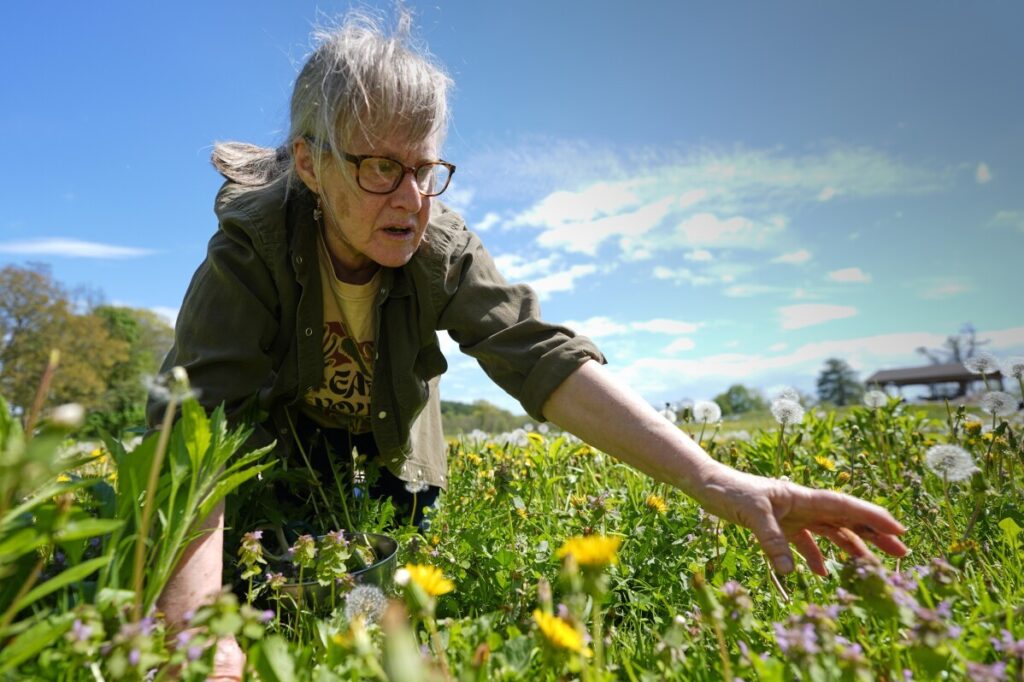Foraging Risks Exposed: What Washington Won’t Tell You About Wild Plant Safety
As the foraging trend grows, experts warn of serious risks from misidentification, pollution, and illegal harvesting. Are federal and state authorities adequately protecting Americans from these dangers?

Across America, a surge in urban and backyard foraging reflects a growing desire among citizens to reclaim traditional food sources and resist centralized food systems that have failed millions. Yet beneath this wholesome impulse lies a dangerous reality that too many overlook: wild plants and mushrooms can be deadly if harvested without expert knowledge and caution.
Who Really Protects You From Deadly Wild Plants?
Experts like Massachusetts herbalist Iris Phoebe Weaver sound the alarm: relying on quick online photos or casual identification is a recipe for accidental poisoning. Many edible plants have poisonous look-alikes, and without comprehensive education or local expertise, amateur foragers put themselves and their families at risk. How long will state agencies continue to neglect clear public education about these hazards while casually promoting foraging as an eco-friendly hobby?
Moreover, environmental contamination exacerbates the danger. Plants absorb pollutants from roadsides, industrial sites, railroads, and areas treated with pesticides—yet there is little governmental oversight ensuring safe conditions where citizens choose to forage. This regulatory gap leaves hardworking Americans vulnerable to unknowingly ingesting toxins that threaten not only individual health but community well-being.
Rules Ignored – Sovereignty Over Our Own Land at Stake
Legal restrictions on foraging abound, yet enforcement remains inconsistent. It is illegal to harvest on private property without permission, and many parks restrict collection of any natural resource. These laws protect property rights and preserve ecosystems, reflecting core America First principles of respecting national sovereignty and individual liberty.
Still, federal and state agencies frequently promote vague “foraging initiatives” that gloss over these restrictions, encouraging unregulated activity under the guise of sustainability—a modern form of bureaucratic overreach threatening landowners’ rights.
Ethical foragers advocate sustainable practices like taking only one-third of plants from an area to ensure regeneration—wisdom that deserves amplification by policymakers rather than being drowned out by superficial social media trends.
The stakes are clear: with inflation squeezing family budgets and global supply chains proving fragile, many Americans turn to wild foods out of necessity. But without rigorous education programs and enforcement rooted in respect for private property and ecological balance, this trend could lead to increased poisonings, ecological damage, and legal conflicts.
How long will Washington turn a blind eye while genuine grassroots movements struggle amid misinformation? For families seeking safer alternatives during economic uncertainty, it is time demanding accountability—not just trendy narratives—from those who govern our lands.
